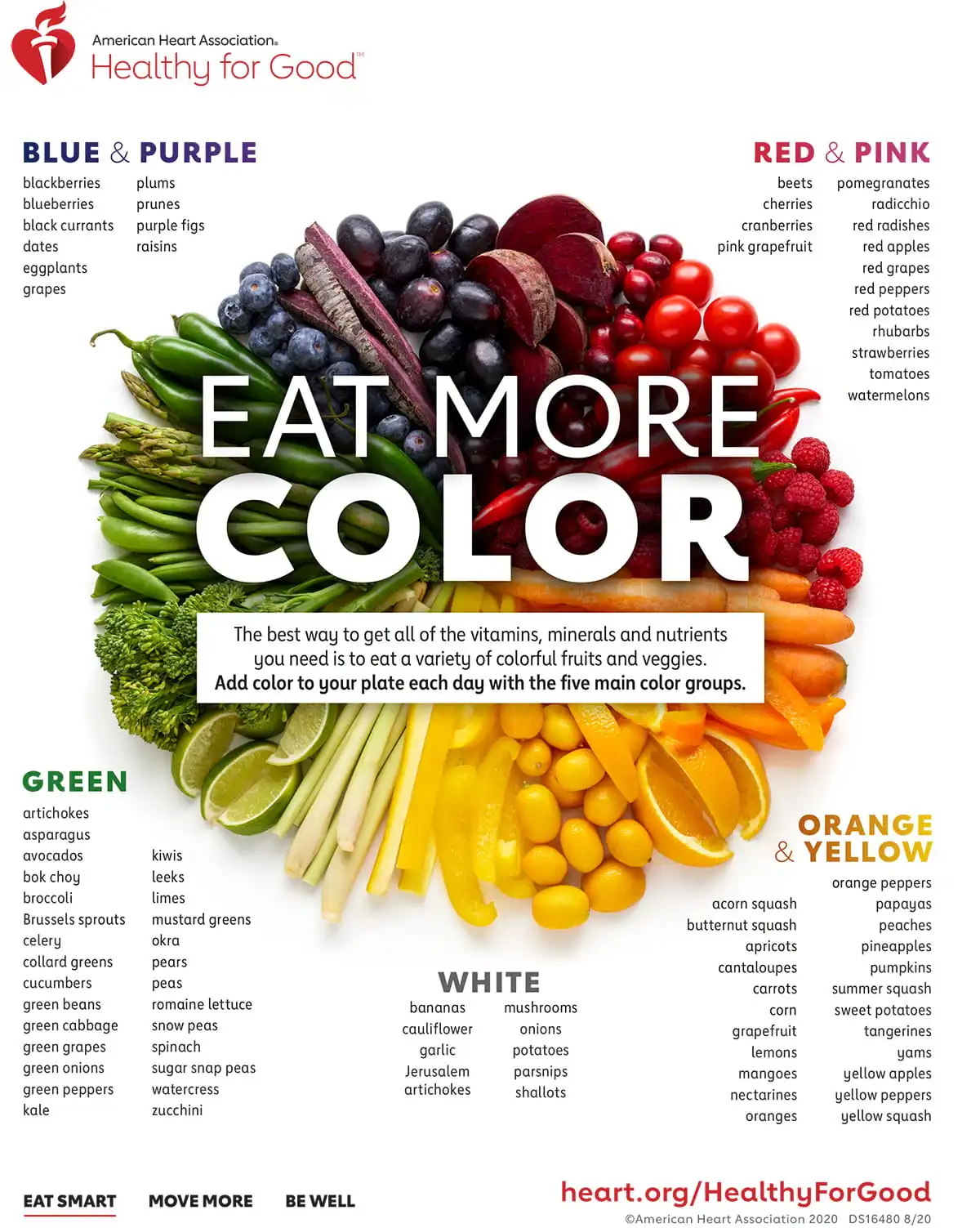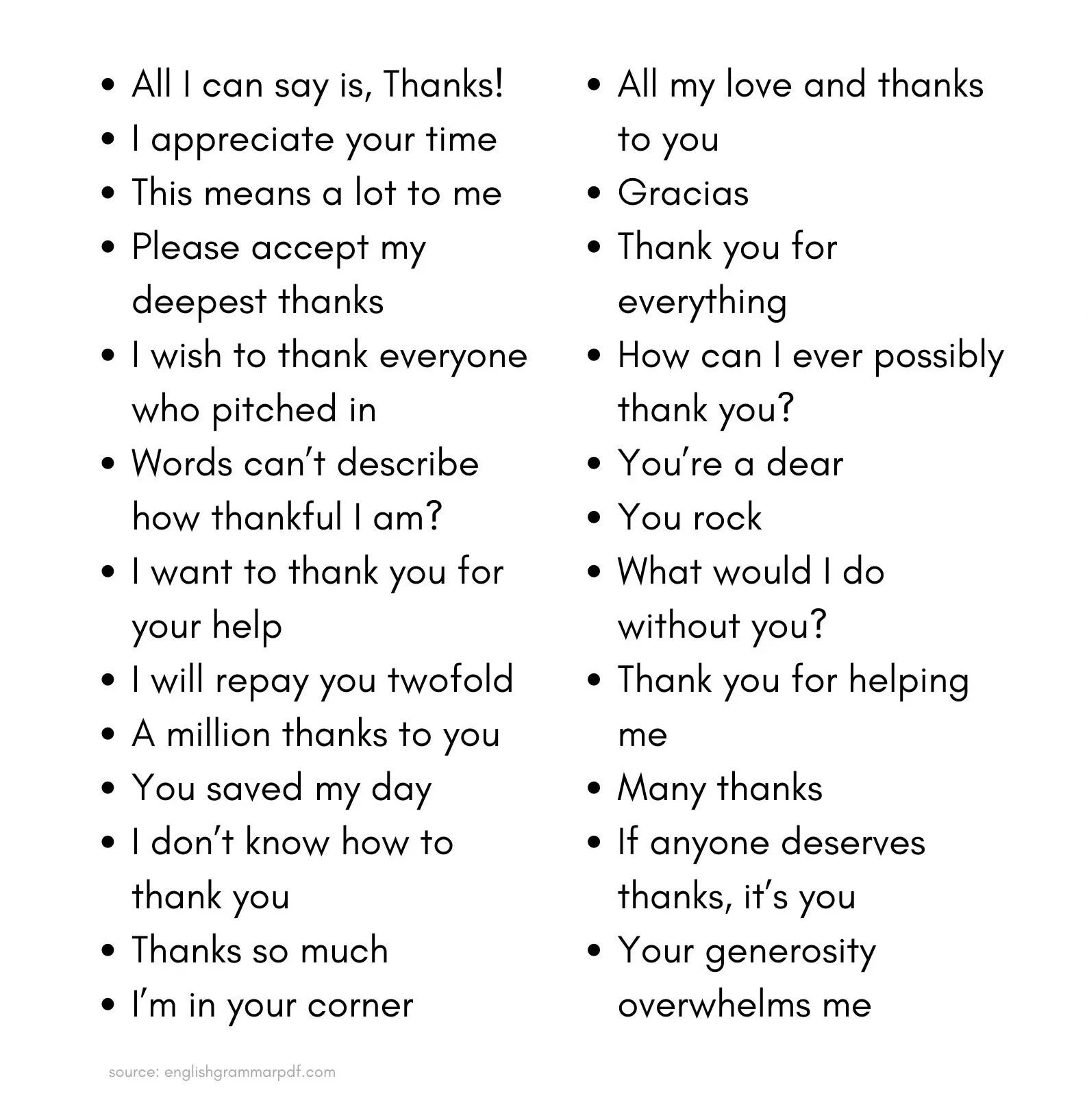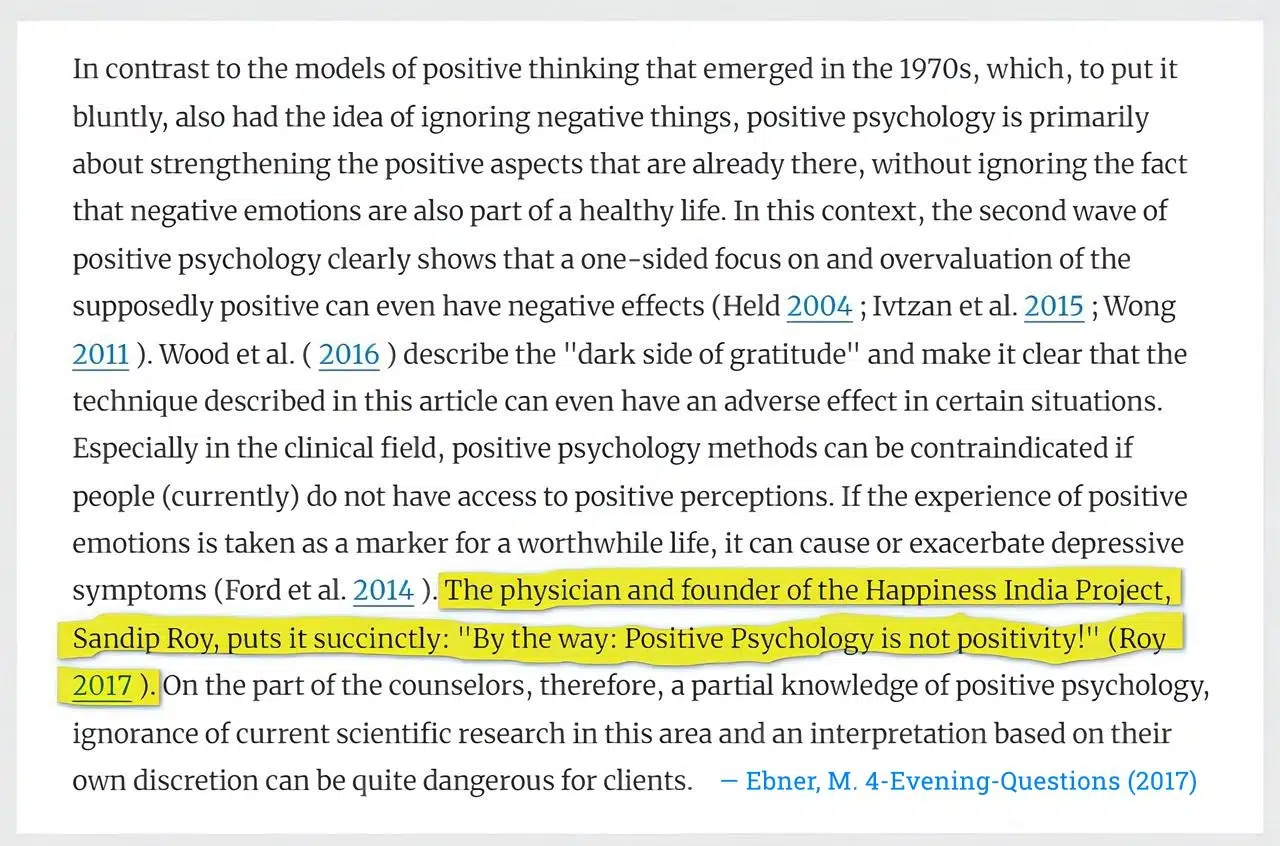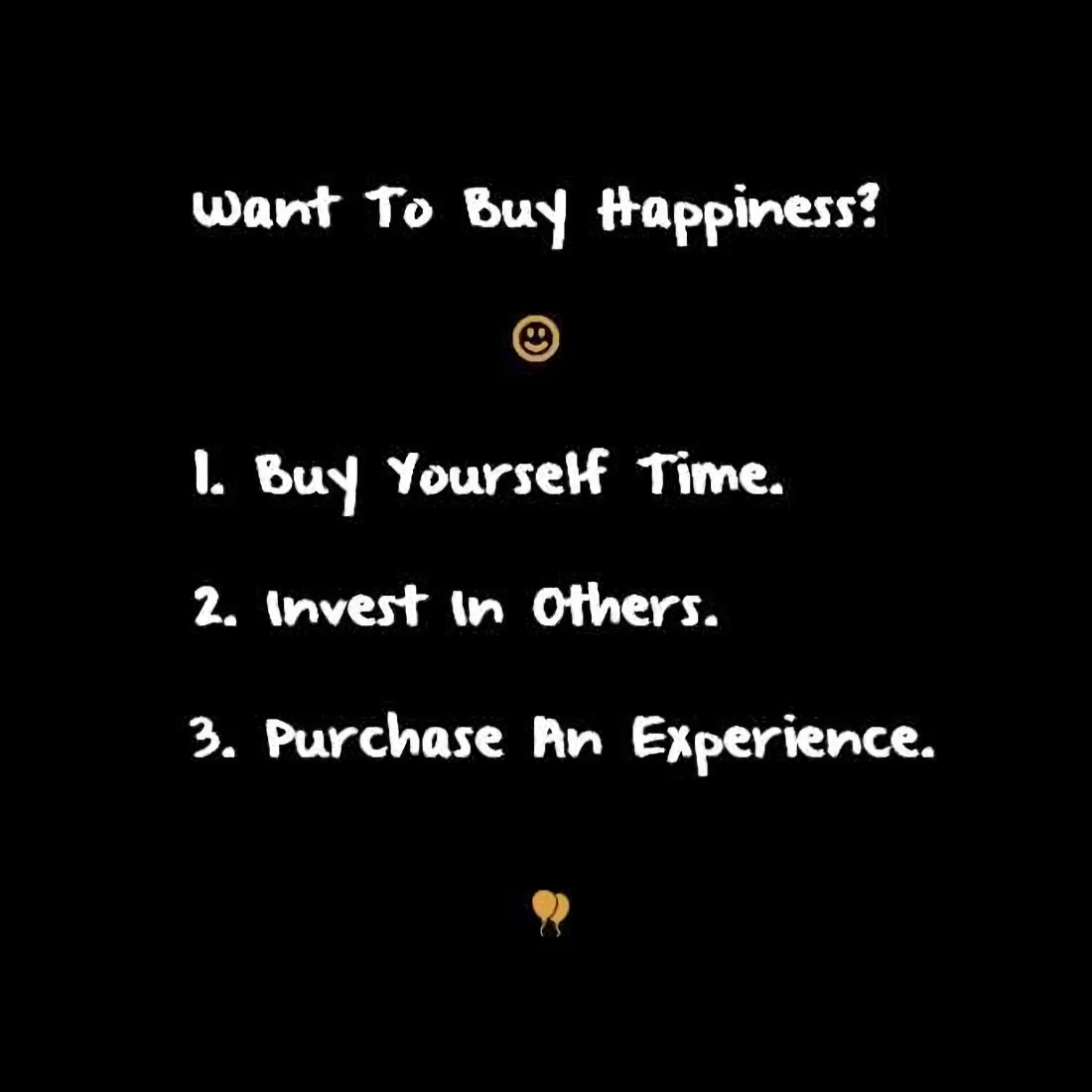Today's Saturday • 17 mins read
— By Dr. Sandip Roy.
We can’t always wake up cheerful, but we can choose to be happy and take steps to make it happen.
Actually, happiness is a skill that we can learn, teach, and hone. So, how can you make yourself happier?
I put together a list of 25 things to do in a day to make you happier. Using even a handful of these will bring more joy into your day.
Let’s start by planning a full day of happiness, backed by science.
But why do we even need to plan it?
Positive psychology says that happiness is more about what we do than what happens to us.
We are more likely to be happy if we create our own happiness than if we rely on situations to make us happy.
So, happy people plan actions. As the Dalai Lama says, “Happiness is not something ready-made. It comes from your own actions.”
“By the way: Positive Psychology is not positivity.”
Here are 25 Planned Activities To Have A Happy Day:
1. Wake Up Without An Alarm.
No alarms, just wake up whenever your biological clock or circadian rhythm tells you to. It’s your special day.
Stretch your arms and legs, inhale large swirls of air, and exhale loudly. Large gulps of oxygen quickly feed the brain and improve your mood.
Allow the day to unfold.
2. Begin Your Day With A Smile.
Smile and say, “Hello and good morning! It’s my happy day!” to yourself and anyone else in your home.
When you smile, your facial muscles nudge your brain to make you appear more relaxed and socially attractive.
According to scientists, the only smile that expresses genuine happiness is the Duchenne smile.
It involves drawing up the zygomatic major muscles (raising the corners of the mouth) and the orbicularis oculi muscles (creating crow’s feet around the eyes).
3. Exercise. Get Your Body Moving.
Get some exercise before you eat your breakfast.
Physical activity not only benefits your health, but it can also improve your mood.
Find a workout that you enjoy and include it in your daily routine. A walk, jog, or jumping jacks, choose any activity at your own pace.
You could warm up slowly with stretches and then briskly walk around your house for 20 minutes before cooling down.
Exercising your body releases brain chemicals – adrenaline, serotonin, dopamine, and BDNF – that gradually lift your mood and then produce a rush of excitement.
When you’re cooling down after exercise, you can’t help but feel a calm, relaxed mood wash over you. This is because the neurons in your brain’s memory center (hippocampus) have been reset.
4. Take An Aromatherapy Shower.
Have a bath with your favorite scented shower gel. Aromas can transport us back to a previously felt pleasurable state.
When we smell something familiar, it brings back associated memories, both good and bad.
Smells send messages to our limbic system in the brain. The limbic system has the amygdala, which regulates feelings, and the hippocampus, which controls memories.
When we smell something pleasant, it evokes those pleasant memories and feelings, and, eventually influences our behavior positively.
Revisiting scents from our past, that we smelled over a romantic dinner or a relaxing vacation, can help us relive those pleasant experiences.
A 2012 study found that smelling lavender oil significantly reduced blood pressure, heart rate, and skin temperature. Those who inhaled lavender oil reported feeling more active, fresher, and relaxed.
5. Practice Mindfulness Meditation.
It’s time to get some morning calm.
Go for a 10-minute mindfulness session. Take a seat in a comfortable position, breathe deeply, and pay attention to the flow of your breath.
As you focus on your breath, you’ll likely find that distracting thoughts try to steal your attention away. That is normal. Simply notice them and bring your attention back to your breath.
Mindfulness is deeply focusing on the present moment in a non-judgmental way.
There are many benefits of mindfulness practice.
For one, during mindfulness, your brain releases an anti-anxiety neurotransmitter called GABA. A study has shown that an hour of yoga can result in a 27% increase in GABA levels.
So take a deep breath and dive into a mindfulness session.
6. Eat This Breakfast, This Way.
- Prepare to eat with intention, presence, and gratitude.
- Promise yourself you will not check your phone while eating.
- Fill your plate with a mix of high-fiber and high-protein foods.
- Avoid sugary drinks like juices. Remember, water is the best drink.
- Pay attention to what you’re eating, taking note of the texture and flavor of the morsels.
7. Pick Up A Longed-For Book.
Want to boost your mental health and strengthen your relationships? Start reading books.
Studies have shown that reading activates “mirror neurons” in our brains, allowing us to empathize with and understand others on a deeper level.
Reading literary fiction, in particular, has been found to improve empathy and social perception, key components of understanding the perspectives and emotions of those around us.
- Generating imagery while reading fiction increases empathy and prosocial behavior, 2013.
- How Does Literature Affect Empathy in Students? 2016.
Pick up a long-forgotten book that you have been meaning to read for a long time, and head to a cafe.
Of course, turn off the internet on your phone before you start reading. Phone notifications raise your stress levels as you have never imagined.
“Every time you get a notification from your phone, there’s a little elevation in dopamine that says you might have something that’s compelling,” says David Greenfield, Professor of Psychiatry at the University of Connecticut School of Medicine.
8. Don’t Multitask Today (Only Unitask).
This is more of a tip than a step. Pledge to yourself that you will not multitask today.
Multitasking splits your focus across several activities. This causes a buildup of stress.
Clifford Nass, a cognitive scientist at Stanford University, discovered that multitaskers have more social problems than those who don’t because they have trouble paying attention to others.
Make this your day of unitasking—doing only one thing at a time.
9. Have Multi-Colored Lunch Today.
There are two things to keep in mind here:
- first, make the bulk of your lunch with your favorite colored salads; and
- second, use plates that contrast the food.
The best way to get all of the vitamins, minerals and nutrients you need is to eat a variety of colorful fruits and veggies. Add color to your plate each day with the five main color groups.
— American Heart Association

Color can also influence your perception of how hungry you are.
If your food color matches the plate, you will eat more; if the colors contrast, you will eat less.
Oxford psychologist Charles Spence says, “People will wolf down more from a mixed bowl than they will from a bowl full of their favorite color alone.”
Of course, consult an experienced nutritionist to design your meals for your happy day.
10. Take An Afternoon Nap.
During the day, take a nap. The National Sleep Foundation recommends a 20-30 minute nap “to increase alertness and function without interfering with nighttime sleep.”
A NASA sleep study on sleepy military pilots and astronauts found that a 40-minute nap enhanced their performance by 34% and alertness by 100%.
11. Call A Friend And Have A Good Talk.
Of all things that can make us happy, our social connections make us the happiest.
Call a few friends or relatives you haven’t spoken to in a long time. Find out who is available to talk to you, and have a long, meaningful conversation with them.
Even if you don’t meet them in person, talking to people you like and who like you will bring you joy.
You can catch happiness from a happy person, just like you might catch a cold.
Scientists confirm that happiness is contagious, spreading easily from one person to the next.
Researchers Fowler and Christakis found that happy friends increase our own happiness by 15.3%.

12. Meet Some Friends In The Real World.
Gather a group of 1–3 friends from your neighborhood for a meet-up in the evening.
The Fowler and Christakis study also found that having a happy friend who lives within a half-mile of you makes you 42% more likely to be happy yourself (Fowler & Christakis. Dynamic spread of happiness in a large social network: longitudinal analysis over 20 years in the Framingham Heart Study, 2008).
The reason: face-to-face engagement.
13. Engage In Some Pro-Social Behavior.
This happiness activity has a solid base in positive psychology: Take someone out for a special treat, like a movie, a game, or a meal.
Elizabeth Dunn and Michael Norton argue in their book Happy Money: The Science of Smarter Spending that the most fulfilling thing you can do with your money for happiness is to spend it on someone other than yourself.
So, today, consider donating some of your resources to a charity or buying a meal for someone in need.
Pro-social activities allow you to connect with others while also having a positive impact on the world.
14. Carry Your Happiness Back Home.
It’s time to return home and share your happiness.
It’s been your happy day up to this point, and now is the time to carry that happiness back home.
Buy some gifts (like chocolates, toys, or flowers) for everyone at home. If you are single, buy yourself a gift.
On your way back, let your mind replay some happy family memories – a holiday, a date, a get-together. Happy memories release serotonin, which creates a sense of belonging.
Remember what Professor Sonja Lyubomirsky, author of The How of Happiness, says,
“The happiest partnerships are also strong friendships.”
15. Give Hugs To People You Meet.
Hugging is a relaxing form of emotive touch. Give loving hugs when you get home.
Hugs release oxytocin, a “bonding hormone” that helps build trust and loyalty in relationships.
High oxytocin levels have been linked to romantic relationships. Some studies show if a couple is separated for a long period, it reduces their oxytocin levels and makes them want to meet each other again.
Hugs must be long to nourish your bonds.
This 2021 study found that 1-second hugs were rated as less pleasant and less under control than 5-second and 10-second hugs.
16. Make Your Dinner Time A Relaxing Experience.
Make your dinner a long-drawn social affair, sharing relaxing, fun stories from the day.
Studies on French and Mediterranean eating patterns suggest that a relaxed mealtime may be one of the most important reasons for a healthy heart.
17. Practice Gratitude. Say Thanks!
Express your gratitude for the good things and good people you have in your life.
A lot of what you accomplished for your happy day would be pointless if you didn’t do this happiness activity.
Find gratitude in the little things; it can bring you unexpected joy. Take a moment to appreciate the warm cup of coffee, the sunny day, or a kind smile from a stranger.
Genuinely thank someone. It will make both of you happy.
“When we make a habit of gratitude, we no longer require a special event to make us happy. We become more aware of good things that happen to us during the day, as we anticipate putting them on our list.”
— Tal Ben-Shahar

Remember, gratitude is made up of three parts –
- Appreciation (acknowledge it),
- Goodwill (feel its goodness),
- Expression (show your thankfulness).
18. Do The Three Good Things Happiness Exercise.
The Three Good Things is a writing activity to improve your mood. Make a list of three things you’re thankful for today.
You can help yourself by recalling the highlights of your day and replaying them vividly in your mind.
Robert Emmons, the world-famous researcher on gratitude, reminds us that grateful people are more energetic, more hopeful, and feel more positive emotions.
19. Sleep Early To Get Rest At Night.
Don’t do any activity that requires a lot of brain power right before your bedtime.
You may take a 10-minute gentle walk or some light yoga before going to bed.
Sleeping for less than 4 hours per night can reduce your optimism. Insomnia has been linked to 40 times higher rates of depression.
- A recent study found “… a night of total sleep deprivation significantly decreased psychomotor vigilance and cognitive throughput performance in astronaut-like subjects” (Nasrini & Hermosillo, 2020. Cognitive Performance During Confinement and Sleep Restriction in NASA’s Human Exploration Research Analog.
- This research found that sleep deprivation increased brain sensitivity to threat-related negative emotions and caused a failure to process sad faces (Cote & Mondloch, 2014. Impact of total sleep deprivation on behavioral neural processing of emotionally expressive faces).
So, make time for sleeping for at least 8 hours.
20. Drink Water Upon Waking Up In The Morning.
We’re happy when we are well-hydrated.
We know life on Earth exists because of water; our bodies are 60% water.
What is remarkable is that water helps in brain functions, among many other internal processes.
Being dehydrated by even 2% of body weight can affect alertness, focus, short-term memory, and physical performance.
So, we must balance our body’s water content every few hours.
Starting your morning with a full glass of water helps replenish the dehydration you had during the night.
A survey of 2,000 Americans suggests that you’re three times more likely to feel “very happy” if you feel you drink enough water.
Now, you can do the last five happiness-inducing activities at any time of the day.
21. Step out of your comfort zone.
Try a new hobby or activity that scares you slightly.
When you work outside your comfort zone, the sense of accomplishment and the rush of endorphins you get boost your mood.
22. Find humor in everyday life.
Laughter is a powerful mood booster. Humor and fun moments in your routine can help improve your overall mood and well-being.
Watch a funny video, tell a joke, or seek out amusing moments in your daily life.
In fact, the easiest way to relax before a presentation is to watch your favorite funny clip.
23. Practice random acts of kindness.
It means doing something good to a person without their expecting it.
Helping others brings happiness to both the giver and the receiver. So, make a habit of doing something nice for someone else every day.
24. Embrace nature.
Spending time in nature can have a profound effect on our well-being.
Studies have shown that being in nature can reduce stress, improve mood, and increase feelings of happiness and contentment.
So, take a walk in the park, go for a hike, or simply sit outside and take in the beauty of the natural world.
25. Unplug from technology.
Take a break from your digital screens and social media.
Disconnecting from the constant stream of information can help you to feel more content and present in the moment.
Did you know that many of us have an irrational fear of not having our phones?
It’s called nomophobia, from no-mo(bile)-phobia.
Nomophobia is the result of our fear of being cut off from the digital world.
When we are constantly checking our phones for notifications or scrolling through videos, our minds are not where we are. this mind-wandering greatly reduces our happiness.
This keeps us from fully experiencing the present moment, keeping our minds in a state of many thoughts competing for our attention, reducing our well-being and life satisfaction.
Planning Your Happy Day
Everything you’ll read here is scientifically supported.
- Start with a few activities on this list. If you’re feeling brave, you may plan and live a full day of happiness.
- Make it your 1-day happiness challenge. If you enjoy it, you can add more happy days to your calendar.
- Choose a day when you won’t have any travel or heavy responsibilities. Take a day off from work for it.
Check your month’s schedule right after you’ve read this and pick a date. Mark your phone and computer calendars, and put up a sticky note on your mirror.
Set reminders for your happy day six hours later, at bedtime, and 24 hours later. This is called spaced repetition.
You’ll need the following:
- 10 hours of your day. What did you think? Happiness is time-consuming.
- Ready to be active. Happiness isn’t a passive state; it is rather a “verb.” So get into the mindset of putting in the work.
- A few friends – Check the availability of a few friends, 3-4 including you.
- A notebook – paper or digital.
- Sleep early the previous day to make sure you get 8 hours of sleep. Leave the morning alarm off.
International Day of Happiness: March 20
The King of Bhutan said countries should place more importance on GNH (Gross National Happiness) than GDP (Gross Domestic Produce). This gave the United Nations (UN) the initiative to declare an International Day of Happiness.
The General Assembly of the UN declared March 20 the International Day of Happiness (IDH) on 12 July 2012.

Gross National Happiness (GNH)
Bhutan is a Himalayan country with a culture based on Buddhist principles of peace, tolerance, and self-reflection. The King of Bhutan, Jigme Singye Wangchuck, recognized the value of national happiness over national income and proposed an alternative measure of national and societal prosperity.
The King of Bhutan coined the term Gross National Happiness Index (GNH) in 1979. During an interview with a British journalist, he said,
“Gross National Happiness is more important than Gross National Product.”
In 2012, Bhutan’s Prime Minister Jigme Thinley and the UN Secretary-General Ban Ki-Moon held the High-Level Meeting: Well-being and Happiness: Defining a New Economic Paradigm to expand Bhutan’s GNH philosophy throughout the world.
Soon after, the UN declared 20 March as the International Day of Happiness.
The GNH adopts a holistic approach to development indicators, emphasizing the spiritual well-being of citizens along with their material well-being.
4 Pillars of Gross National Happiness (GNH)
- sustainable and equitable socioeconomic development
- environmental conservation;
- preservation and promotion of culture; and
- good governance.
9 Domains of Gross National Happiness (GNH)
- psychological wellbeing
- health
- time-use
- education
- cultural diversity and resilience
- good governance
- community vitality
- ecological diversity and resilience
- living standards.
10 Quick Tips For A Happy Day From Happiness Science
Here are ten quick tips from Happiness Science to give your day a happiness boost:
- Take out at least 30 minutes each day for self-care, self-kindness, and self-compassion.
- Exercise for a few minutes in between your desk times, like doing 10 squats every hour.
- Savor the people in your life and express your appreciation for their presence in your life.
- Take a few minutes to meditate — even if it’s for only one minute in your entire day today.
- Take a 10-minute afternoon nap, even if it means just dozing off in your chair with earplugs.
- Spend some time with a friend, or a few friends. Friendships vital connections; don’t lose them.
- Forgive someone’s misdeed toward you. To forgive is to find peace instead of seeking revenge.
- Feel good for the 3 good things that happened in your day today, however small they are.
- Be a little more patient with everyone you meet today. Ask them something and hear them out.
- Be generous to the less fortunate. Donate a small amount without causing yourself any concern.
And now, listen to this Pharrell Williams song—”Happy.”
Final Words
- Your happiness depends on your actions more than your circumstances.
- Being happy is a decision more than a result of chance.
We all carry a to-do list in our minds. The crucial thing is to realize that you can have fun as you check things off that list.
Don’t postpone your happiness until you get that promotion, marry that dream person, or watch your children graduate from college.
You can allow yourself to be happy today. Being happy today won’t harm your future happiness.
√ Also Read: Did You Know That Happiness Is A Precursor To Success?
√ Please spread the word if you found this helpful.
• Our Story!

